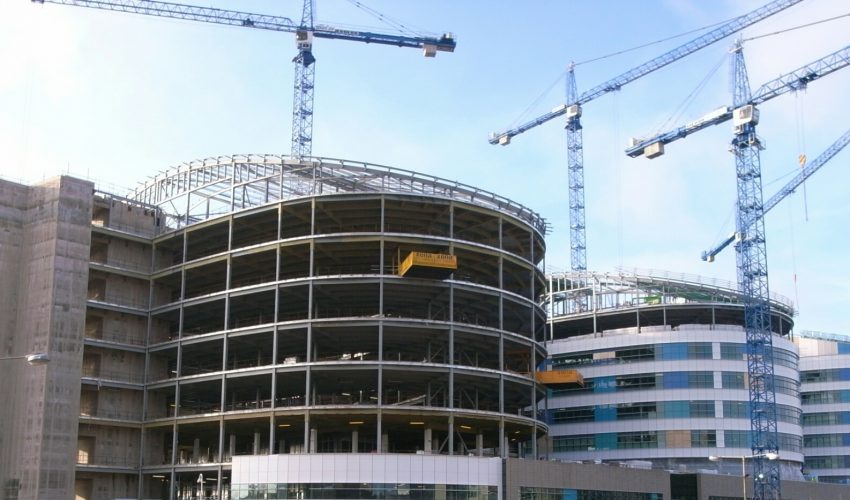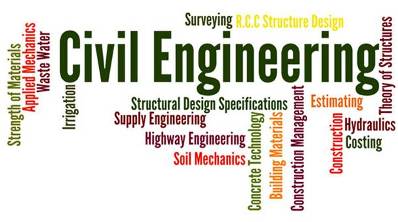
Civil Infrastructure
Civil engineers design, build, supervise, operate, and maintain construction projects and systems in the public and private sector, including roads, buildings, airports, tunnels, dams, bridges, and systems for water supply and sewage treatment. Many civil engineers work in design, construction, research, and education.
Duties of Civil Engineers
Civil engineers typically do the following:
- Analyze long range plans, survey reports, maps, and other data in order to plan projects
- Consider construction costs, government regulations, potential environmental hazards, and other factors in planning the stages of, and risk analysis for, a project
- Compile and submit permit applications to local, state, and federal agencies, verifying that projects comply with various regulations
- Perform or oversee soil testing to determine the adequacy and strength of foundations
- Test building materials, such as concrete, asphalt, or steel, for use in particular projects
- Provide cost estimates for materials, equipment, or labor to determine a project’s economic feasibility
- Use design software to plan and design transportation systems, hydraulic systems, and structures in line with industry and government standards
- Perform or oversee surveying operations in order to establish reference points, grades, and elevations to guide construction
- Present their findings to the public on topics such as bid proposals, environmental impact statements, or descriptions of property
- Manage the repair, maintenance, and replacement of public and private infrastructure
Civil engineers inspect projects to insure regulatory compliance. In addition, they are tasked with ensuring that safe work practices are followed at construction sites.

Clients


